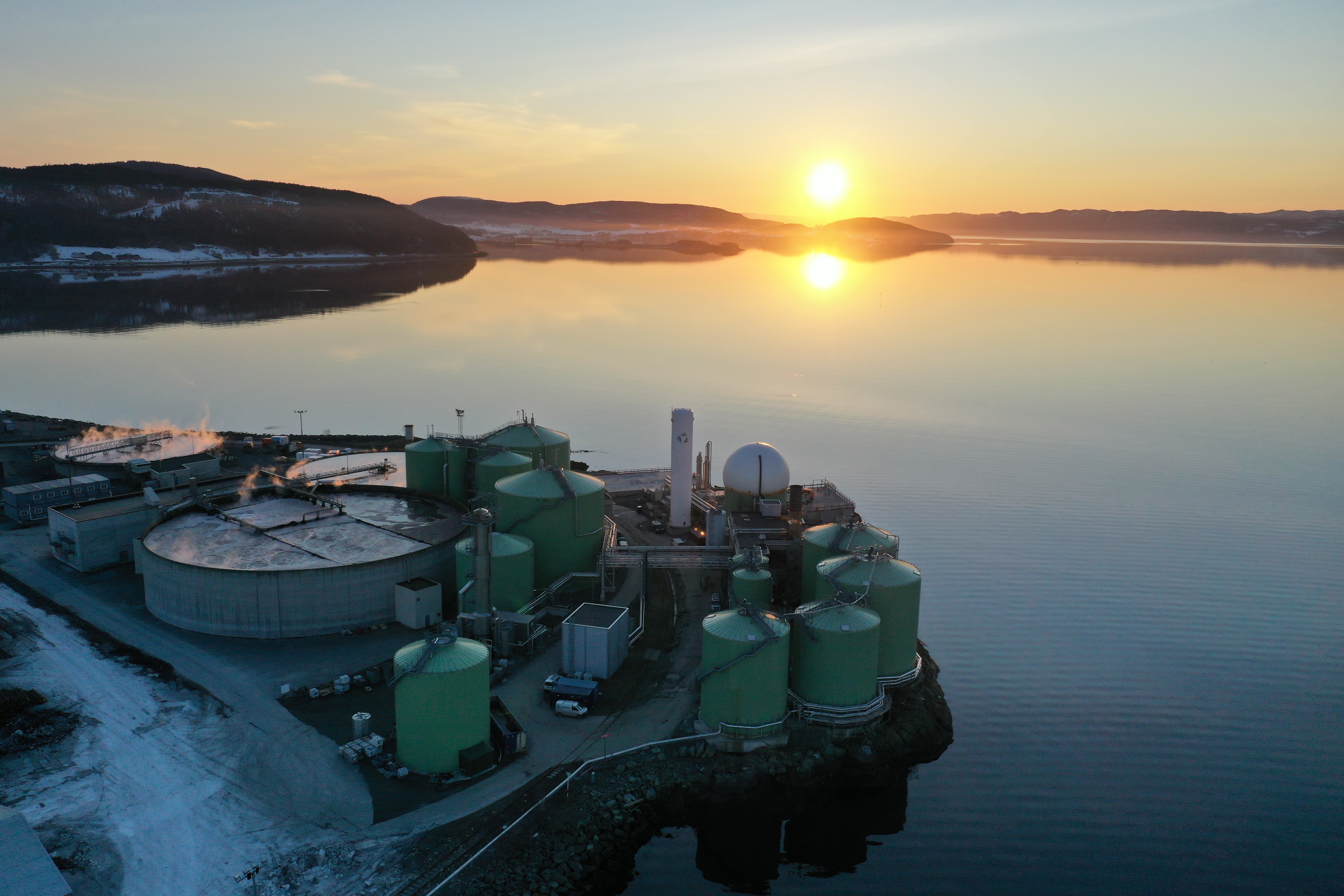Wind power taxes Cculd mean a complete halt to new green investments in Norway
News
Oct 21, 2022

Yes, essentially crash-landing the green transition. It's a strong message, but it's also a real one. The government is proposing in the state budget to tax the energy industry so heavily that it will have significant consequences for the entire society if implemented.
Wednesday afternoon, Trønderenergi/Aneo's Stig Tore Laugen participated in an open hearing in the Energy and Environment Committee at the Storting, where he delivered the following statement:

Thank you very much for the invitation to come and present some of our thoughts on the proposed state budget. I am from TrønderEnergi, soon to be Aneo, which is one of the largest wind power operators in the Nordic region. We also do a lot with hydropower, but I will now focus on the government's proposal on wind power taxation, which will hit us hard if implemented. First, let me state clearly: We support resource rent tax as a principle, also on wind power. Super profits should be taxed.
However, recently we have been calculating the ownership positions we have in wind power to assess the consequences of the tax proposal. The conclusion is unpleasant reading. If the proposal only applied to new projects, that would be another matter. But the proposal applies to all wind farms, including those that made investment decisions based on completely different tax rules and may be marginally profitable today. If these tax rules are implemented, the value of our stakes in wind power will drop over 40 percent, virtually overnight. And we are talking about plants without superprofits, plants located in the price area NO3 – Central Norway. The money that disappears means less to invest in – and this means less dividends in the long run for the 19 Trøndelag municipalities that own us.
This will mean less for health and education in the municipalities. This is dramatic. If a completely neutral resource rent tax is not introduced, similar to what has been decided for hydropower, it will likely effectively halt all new wind power development in Norway, both for us and for others. Onshore wind power is the most efficient way to acquire new, renewable energy. If development stops now, so does the green shift. The same goes for the electrification of Norway. That can't be the intention, can it? To develop the current wind farms – yes, those that took Central Norway out of the power crisis as it was 10-12 years ago – we had foreign investors with us. Without these wind farms, we would likely have had Eastern Norwegian electricity prices in Central Norway now.
The same foreign investors are now almost stunned. You have to have strong faith if you believe they will invest more in Norwegian wind power going forward. What signal does Norway send if we change the tax burden so drastically that they scrap all new projects? Who will finance new renewable energy production in Norway then? If we are going to develop offshore wind, we are entirely dependent on foreign investors, aren’t we? The tax proposal hits – it hits hard and it hits wrongly. It seems to be poorly investigated and poorly grounded. The solution must be to use more time and implement a neutral model – a cash flow model, based on real earnings.
We request that the Storting introduces a transition arrangement for existing wind farms. We are positive about contributing more, as mentioned, but we need to be able to pay the tax bill. There must be a system that is reasonable and predictable. Norway is much more than Eastern Norway. We north of Dovre have not – and have never had – record-high electricity prices. We have no super profits to pay taxes with. On the contrary, we have lost money producing electricity for a prolonged period this year because of an electricity price that has been down to just a few cents. In such a situation, it can't be the intention that the State changes the rules of the game to enrich itself and simultaneously halts the electrification of Norway and parks the green shift?


